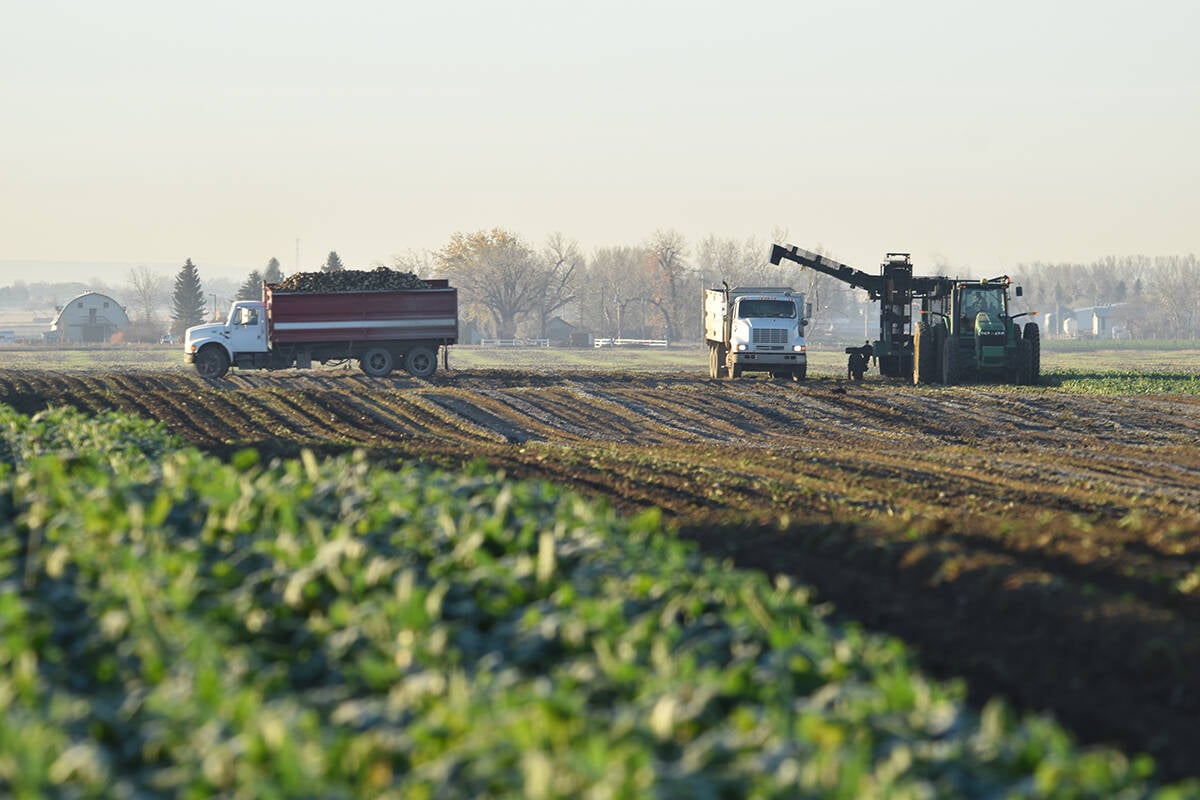Don’t fall for the efficiency arguments, a Nebraska farm activist told a hog forum here.
Large hog barns in the United States are about taking the pig business away from smaller producers, not about increasing efficiency, said Nancy Thompson of the Centre for Rural Affairs.
“As you get bigger, it’s not a matter of gaining efficiency, it’s a matter of you’re making more money. The drive to expansion is not a matter of efficiency, but greed.”
Thompson said many studies say peak pig production efficiency is reached in 100 to 200 sow operations.
Read Also

Canada the sole G7 nation without a Domestic Sugar Policy to aid local sugar beet production
Canadian sugar beet industry vastly different to US with free-market system compared to protective government-regulated sugar program
“There’s no question the small producer can be efficient,” she said.
The reason so many new barns are 600 sows and larger is that they need a large cash flow to cover payments on the debts they required to be built, she said. Investors want bigger barns because they want bigger profits.
Help little guy
Thompson said governments and universities should stop encouraging large hog barns.
“We need to be looking at low cost ways for people to get into the business.”
She said research and development dollars are unfairly dedicated to the needs of large barns, so the small producers are not given information they need to become more efficient.
“If we just put as much energy into trying to preserve and make viable a family farm pork production system as we’re putting into promoting the integrated large systems, I’m convinced that we could change the direction of the pork industry,” Thompson said.
She added the pork industry should not rely on exports to accommodate all the expansion. Large barn promoters say offshore sales will make room for both mega-barns and small-scale producers, but “that demand hasn’t materialized.”
Instead, she said, the pigs produced by the large barns will knock out pigs from smaller barns and the domestic industry will become dominated by a few large players.
Thompson said laws should be passed to help small producers such as those forcing hog sales to be open and transparent, rather than based on the “sweetheart deals” – the contracts that are coming to dominate the industry, she said.
As long as large producers are allowed to make confidential contracts with packers, small producers will be at a disadvantage, she said.















